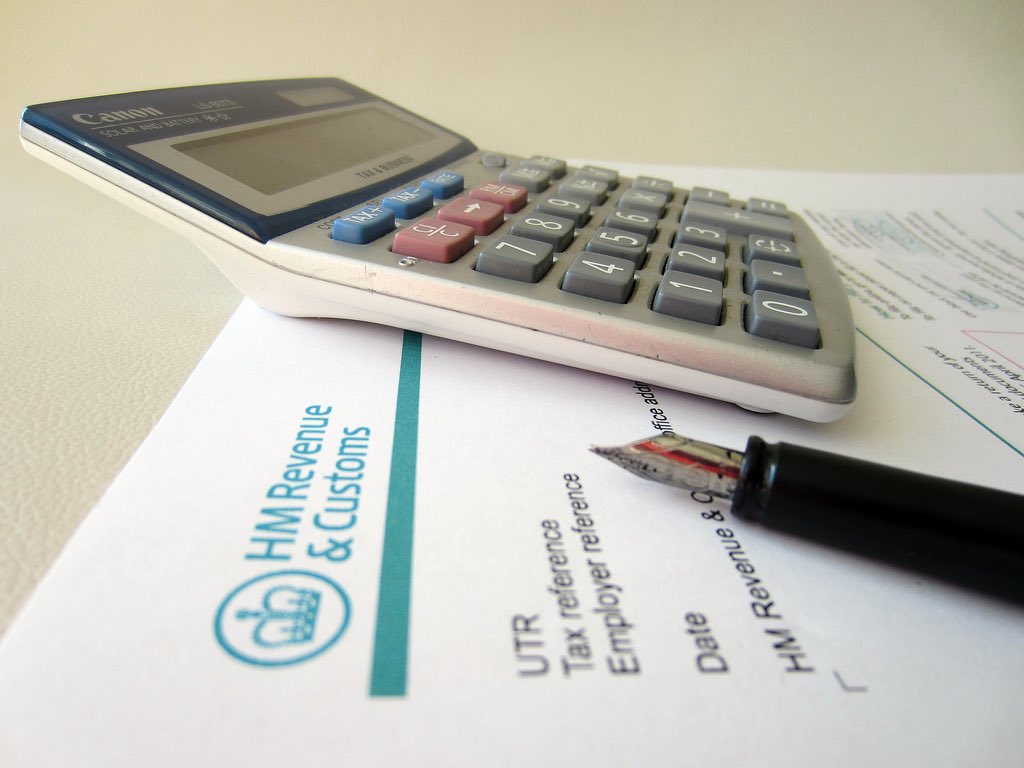On Wednesday 3rd March 2021, Chancellor of the Exchequer Rishi Sunak announced the 2021 budget. This budget brought with it record-breaking changes to the way that businesses pay their taxes, such as the introduction of the 130% super deduction scheme on any plant and machinery new investments until March 2023. Read on to find out more about super deductions and how you can benefit.
Super-deductions
Perhaps the biggest announcement to have come out of the 2021 Budget, announced in March 2021, is the impressive increase in the super-deduction on taxable allowances. This means that for expenditure business owners make between 1st April 2021 and 31st March 2023, companies can claim 130% capital allowances on qualifying plant and machinery investments.
Under the super-deduction scheme, for every pound spent or invested by a company in their own resources, their taxes are then cut up to 25p.
Rishi Sunak announced this change to the way in which tax works for businesses in order to make the UK’s capital allowance regime much more internationally competitive.
Why has the Government introduced Super-Deductions?
Since the start of the COVID-19 pandemic, business investments have fallen dramatically by 11.6^ between Q3 2019 and Q3 2020. This means that a large portion of UK based businesses have opted to not invest in new machinery or transportation resources during the pandemic. By working to make capital allowances, the Government hopes that this will work to stimulate business investment, which will promote economic growth and counter business cycles.
Super-Deductions will give companies a strong incentive to make additional investments and bring planned investments forward.
What are capital allowances?
Capital allowances allow tax paying businesses to write off the cost of certain capital assets against taxable income. The 130% Super-Deduction and 50% first-year allowance are generous ways for businesses to benefit from capital tax allowances for investments into plant and machinery assets.
Investing in new plant and machinery assets, tax paying businesses will be able to lower their corporation tax bills.
What is classified as plant and machinery?
Most tangible assets used in the course of a businesses lifespan are considered plant and machinery for the purposes of claiming capital allowances. So, whilst there is not an exhaustive and explicit definition of plant and machinery investment, these assets can generally be defined as:
- Solar panels
- Computer equipment and servers
- Tractors, lorries and vans
- Laddies, drills and cranes
- Office chairs, desks and office furniture
- Electric vehicle charging points
- Refrigeration units,
- Air compressors,
- Foundry equipment.
How does the Super-Deduction work?
As one example, say your business invests £100,000 in shiny new Mercedes Sprinter Vans. By investing £100,000 in new plant and machinery assets for your business, you will now be able to deduct £130,000. This means, your accounting team can deduct 130% of your initial investment (£100,000) when computing your businesses taxable profits. This will, in turn, save your business money on your corporate tax bill.
Other big changes to come from the 2021 budget
The Chancellor confirmed on March 3rd 2021 that they are committed to continuing investment in the UK and UK businesses. They are doing this by placing new incentives in capital expenditure and allowing accelerated relief for any losses incurred by previously profitable businesses following the effects of COVID-19 on British businesses.
Changes to corporation tax
One of the biggest changes to business is that corporate tax rates for company profits over £250,000 will now stand at 25%. Companies with profits under £50,000 will continue to be taxed at 19%. Profits in between these limits will be taxed at a varied and tapered rate. This change will not come into effect until the new financial year in April 2023.
Changes to loss relief
The Chancellor has confirmed a temporary change to loss relief who are weathering the economic impact of COVID-19. This means that the Government will extend the carry back of trading losses for corporation tax made in accounting periods between 1st April 2020 and 31st March 2022.
2021 Budget announcements for businesses
During the 2021 Budget, Rishi Sunak announced a number of other changes. These include:
- Extension of the £1,000,000 Annual Investment Allowance limit
- Increase in the rate of Diverted Profits Tax
- Extension of the Coronavirus Job Retention Scheme (also known as the furlough scheme)
- Additional support for the self-employed as a result of COVID-19
- PAYE cap for SMEs claiming R&D relief
Speak to a Kirkwood Wilson accountant to learn more
Interested in learning more about how your business can take advantage of the Super-Deduction scheme? Why not speak to one of our knowledgeable tax accountancy team here at Kirkwood Wilson? Call us on +44 (0)1704 546 000 or visit our contact page to send us a message.




